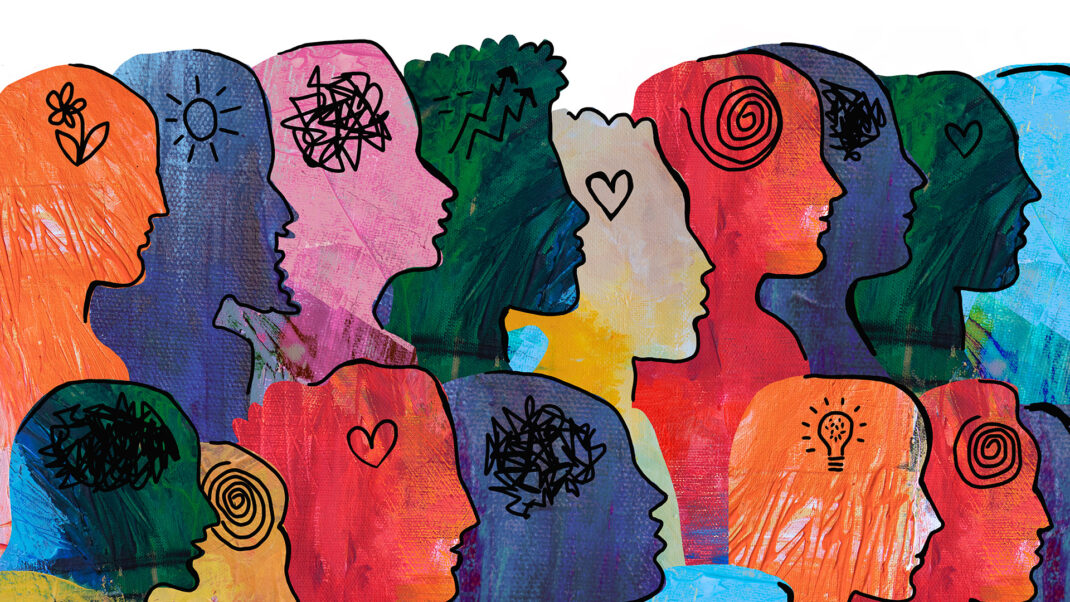Are Video Games Good Medicine For Seniors?

Your older clients are no doubt interested in complementing a fit body with a fit mind. Well, new study evidence suggests they can slow cognitive impairment by playing a few hours of “brain fit” video games designed to speed up and improve mental processing.
As the human brain ages, its executive function skills—which include perception, attention, memory, abstract thinking and problem solving—tend to diminish. Since many of us are living longer lives, scientists are motivated to identify ways to prevent this loss.
Researchers from the University of Iowa in Iowa City conducted a study with 681 male and female subjects aged 50 and older. They were divided into four groups (with each group further separated into those 50–64 years of age and those over age 65). One group did computerized crossword puzzles; another played “Double Decision,” a video game created by PositScience®, for 10 hours over a 5- to 8-week period in a lab; a third played the same game for 10 hours at home; and the fourth group played the video game in the lab for an additional 4 hours. All subjects received cognitive skills testing at the beginning of the study and a year after it.
Data analysis following the second testing showed that group members who played the video game for at least 10 hours either at home or in the lab gained at least 3 years of cognitive improvement, according to a formula devised by the researchers. Subjects who played for 14 hours showed a 4-year improvement. Those who played the brain skills game performed better than those who did crossword puzzles. Cognitive gains ranged from 1.5 years to almost 7 years.
Fredric Wolinsky, PhD, professor in the College of Public Health and lead study author, said in a press release, “We not only prevented the decline [in cognitive abilities]; we actually sped them up.”
He added, “It’s the ‘use it or lose it’ phenomenon—with a twist. Age-related cognitive decline is real, it’s happening, and it starts earlier and then continues steadily. Here, the exercise designed by neuroscientists delivered significant gains that generalized to daily life.”
Study findings appeared in PLOS One (2013; 8 [5], e61624).
The study is available online at www.plosone.org/article/info%3Adoi%2F10.1371%2Fjournal.pone.0061624. To play the game, go to www.positscience.com/why-brainhq/about-the-exercises/attention/double-decision.
Shirley Eichenberger-Archer, JD, MA
Shirley Eichenberger-Archer, JD, MA, is an internationally acknowledged integrative health and mindfulness specialist, best-selling author of 16 fitness and wellness books translated into multiple languages and sold worldwide, award-winning health journalist, contributing editor to Fitness Journal, media spokesperson, and IDEA's 2008 Fitness Instructor of the Year. She's a 25-year industry veteran and former health and fitness educator at the Stanford Prevention Research Center, who has served on multiple industry committees and co-authored trade books and manuals for ACE, ACSM and YMCA of the USA. She has appeared on TV worldwide and was a featured trainer on America's Next Top Model.






